Amidst the dynamic global situation, there is a need to broaden students’ perspectives in various aspects. Especially in the geopolitical aspect. This is necessary so that students have a wise perspective in responding to global situations and developments.
To that end, on Tuesday, July 30, 2024, FISIP Undip held a guest lecture to address the current international geopolitical conditions in MENA (Middle East), especially Palestine and the African region, which has attracted the world’s attention. This guest lecture is intended as part of the internationalization of Undip Campus through the transfer of knowledge and expertise on strategic issues held by the International Office (IO) Faculty of Social and Political Science (FISIP) Universitas Diponegoro (30/7).
This general lecture invited Professor Ruth Santini PhD, a professor at the University of Naples I Orientale, and Assc. Prof Claudia de Martino, a lecturer at Sapienza University of Rome, as speaker. Prof. Ruth Santini discussed the relationship and geopolitical developments of the Middle East and the African region, raising the theme “International Relations Theories and the Changing Regional Dynamics in the Middle East and North Africa”.
Professor Ruth Santini explained that the current geopolitical conditions in the Middle East and North Africa are inseparable from the Cold War and the Gulf War that occurred decades ago. These conflicts have had a domino effect, resulting in the emergence of polarizations in the Middle East and North Africa and prolonged geopolitical conflicts.
Furthermore, Professor Santini explained the Regional Security Complex (RSC) theory in MENA. RSC explains that countries in a region often have interconnected security problems. The security problems of one country can affect other countries in the same region. The Middle East is a country that experiences RSC. Conflicts such as the Arab Cold War in the 1950s to 1960s show how ideological differences, proxy wars, and competition between states and non-state groups are interconnected.
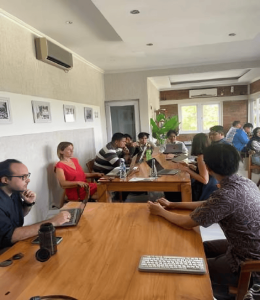
Meanwhile, Assc. Prof. Claudia de Martino presented a series of historical narratives of the arrival of the Jewish people in Palestine and the potential of Israel becoming a settler colonialism in the Palestinian region. Settler colonialism seeks to seize land from indigenous people and expel them. The consequences can be very severe, such as massacres or mass expulsions of an ethnic group. She showed a picture that the indigenous Palestinian population has been increasingly displaced by the Israeli population year after year. The condition of the indigenous Palestinian population has become increasingly squeezed, especially with the continued Israeli attacks. In addition, Arab support for Palestine has also weakened after the outbreak of the Six-Day War in 1967.
At the end of her presentation, Assc. Prof. Martino presented several projected solutions to the Israeli-Palestinian conflict from several scientists. Ranging from a two-state solution to full annexation. However, until now, there has been no wise agreement for both parties. In conclusion, she emphasized that the conflict between Palestine and Israel is no longer a racial issue. The conflict that has occurred has hurt humanity. Proven by the deaths of tens or even hundreds of thousands of innocent lives. She warned that when the international community asked Israel to end its military aggression, it did not mean that they were anti-Semitic (Jewish). Rather, it is because the attacks on Palestine have hurt humanity.
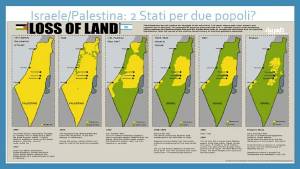
“Don’t assume that the Semitic people are always right so that the motivation to fight is always justified,” she said.
The international community needs to unite based on humanity so that this conflict can end wisely soon. Efforts such as boycotting products affiliated with Israel are one collective effort to stop this conflict. This session is followed by a coaching clinic session for young lecturers in the following days (31/7).
Contributor:
Salsabila Koeslatifa (International Relations Students Batch 2021)
Palupi Anggraheni, S.IP, M.A
Editor
Bangkit Aditya Wiryawan, S.Sos, M.A , Ph.D

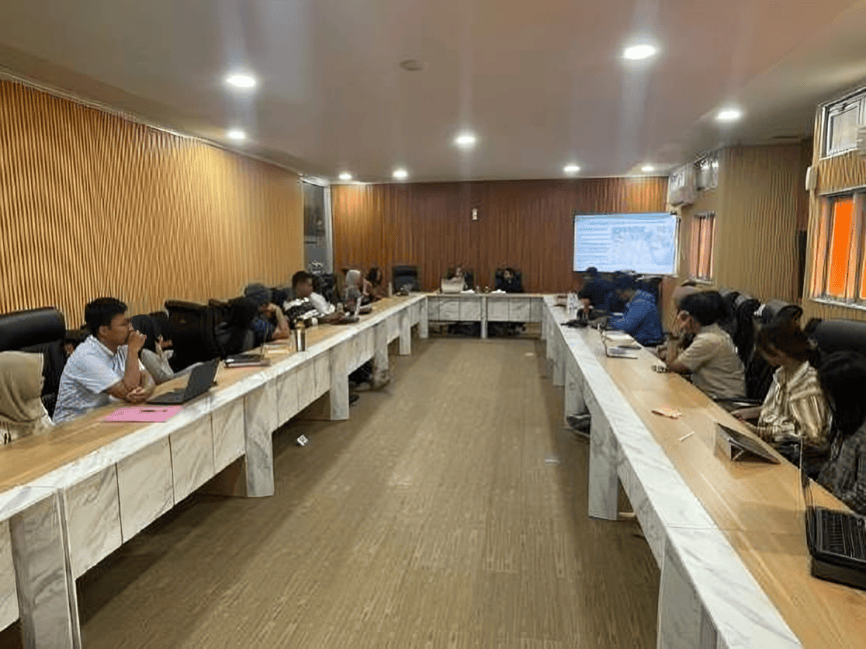
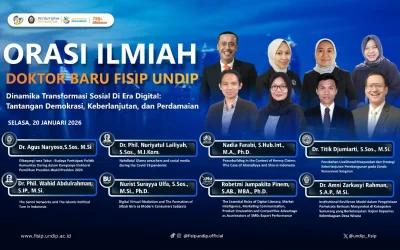
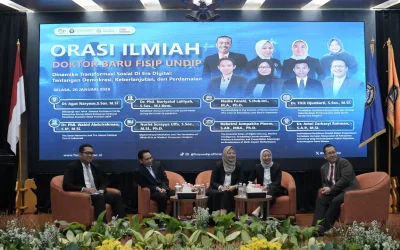
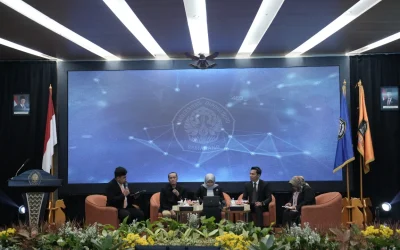
0 Comments